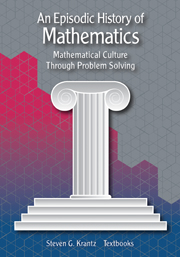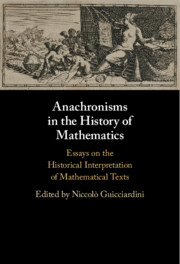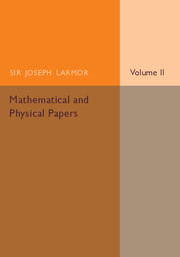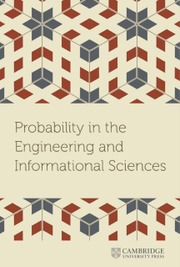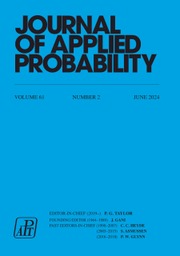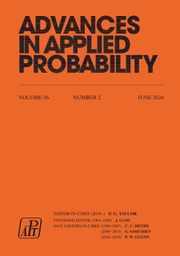An Episodic History of Mathematics
An Episodic History of Mathematics delivers a series of snapshots of the history of mathematics from ancient times to the twentieth century. The intent is not to provide an encyclopaedic history of mathematics, but to give the reader a sense of mathematical culture and history. The book also acquaints the reader with the nature and techniques of mathematics through its exercises. The book introduces the genesis of many mathematical ideas. For example, while Krantz does not get into the nuts and bolts of Andrew Wiles's solution of Fermat's Last Theorem, he does describe some of the stream of thought that created the problem and led to its solution. The focus in this text is on doing – getting involved with the mathematics and solving problems. Every chapter ends with a detailed problem set that will provide the student with many avenues for exploration and many new entrees into the subject.
- Recounts the history of mathematics, and in so doing, develops in its readers a stronger mathematical ability
- Exercises on every page and at the end of every chapter help the reader to engage with the text and to gain a deeper understanding of the material
- Broad coverage of the various schools of mathematical thought that arise gives the reader a wider understanding of mathematics
Product details
April 2010Hardback
9780883857663
396 pages
260 × 182 × 26 mm
0.83kg
234 b/w illus.
This item is not supplied by Cambridge University Press in your region. Please contact Mathematical Association of America for availability.
Table of Contents
- Preface
- 1. The Ancient Greeks
- 2. Zeno's Paradox and the concept of limit
- 3. The mystical mathematics of Hypatia
- 4. The Islamic world and the development of algebra
- 5. Cardano, Abel, Galois, and the solving of equations
- 6. Rene Descartes and the idea of coordinates
- 7. The invention of differential calculus
- 8. The great Isaac Newton
- 9. Complex numbers and polynomials
- 10. The prince of mathematics
- 11. Sophie Germain and Fermat's Problem
- 12. Cauchy and the foundations of analysis
- 13. The prime numbers
- 14. Dirichlet and how to count
- 15. Riemann and the geometry of surfaces
- 16. Georg Cantor and the orders of infinity
- 17. The natural numbers
- 18. Henri Poincaré, child phenomenon
- 19. Sonya Kovalevskaya and mechanics
- 20. Emmy Noether and algebra
- 21. Methods of proof
- 22. Alan Turing and cryptography
- Bibliography
- Index.

